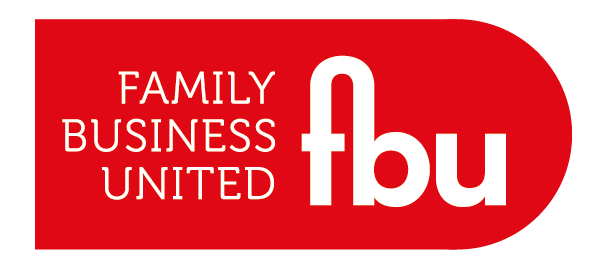
Sometimes there are certain people you just can't seem to click with at work.
Maybe it's because you have very different personalities, or you struggle to meet their task brief, as you do not work in the same way. Whatever it is, it can leave you feeling frustrated, unproductive, and unsure of how to move past this.
Often this happens because we have not taken the time fully to understand someone and what makes them tick. In this article, we will give you some suggestions on how to understand differences, why they are important and learning to work with colleagues, despite your differences.
A good way to start the conversation is to each undertake a personality test, such as the Myers-Briggs test. Then come back and discuss your results together. This will help you all become aware (and hopefully more understanding) of your own and your teammate's strengths, potential weaknesses and viewpoints. It helps to give a level of context to team members’ behaviours, for example, why they are saying this and why they react in a certain way.
Remember: Someone might not be wrong, but may simply see the situation in a different way. Once we learn to accept and listen to others in an open-minded and genuine way, then we can start to move forward and make the best decisions for the company.
To read more on the Myers-Briggs personalities and how they handle conflict, read this book: https://www.amazon.com/Introduction-type-conflict/dp/B0006SB7W6
 Working well together
Working well togetherAnother major example of when people clash is detail thinkers vs. big-picture thinkers.
Big-picture thinkers are great at being creative and strategic, but do not always think about the smaller things that might be important. This can lead to them being seen as disorganised and unpredictable.
Detail-orientated thinkers like planning and organising in great detail, but can seem to be overthinking things and are slower to make decisions compared with big-picture thinkers.
Meetings are a common cause of conflict between these two groups. For example, someone that is detail-orientated may talk for long periods of time about a topic in great depth. This can be frustrating to big-picture thinkers, as they see this level of detail as slow and unnecessary, which might cause them to interrupt, making detailed thinkers feel they are not being listened to.
On the other hand, big-picture thinkers may dart off agenda items onto another topic, which can irritate detail-orientated colleagues as they can feel important items have not been fully discussed and that they don't have enough information to work with.
However, these two mindsets can complement each other well and when working together effectively, can make a great team. To achieve this, the two types must learn how they work best, how to communicate with one another and be open about what they require from each other.
If you don't know already, you and your team could take a test to determine which type of thinker you are.
To conclude, different personalities are vital in any team. But the key to reducing the level of conflict is:
- Ensuring everyone has an awareness of their own personality, strengths and weaknesses, and equally as importantly, an awareness of others'.
- Do not take things personally! It is extremely unlikely that a comment is meant personally, or is aimed specifically at you. Sometimes people behave in a certain way if they have other things going on outside of work. You never know what could have happened to them that morning!
- Groupthink is much more inefficient than different personalities, so encourage different ideas and ways of thinking!
Next week we will be looking at negative attitudes towards change and how to combat this.


.jpg)

